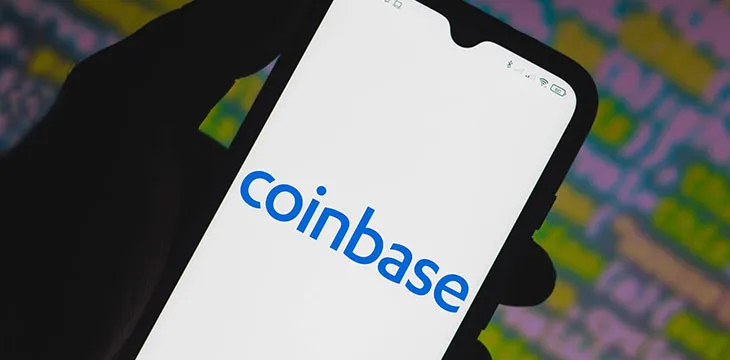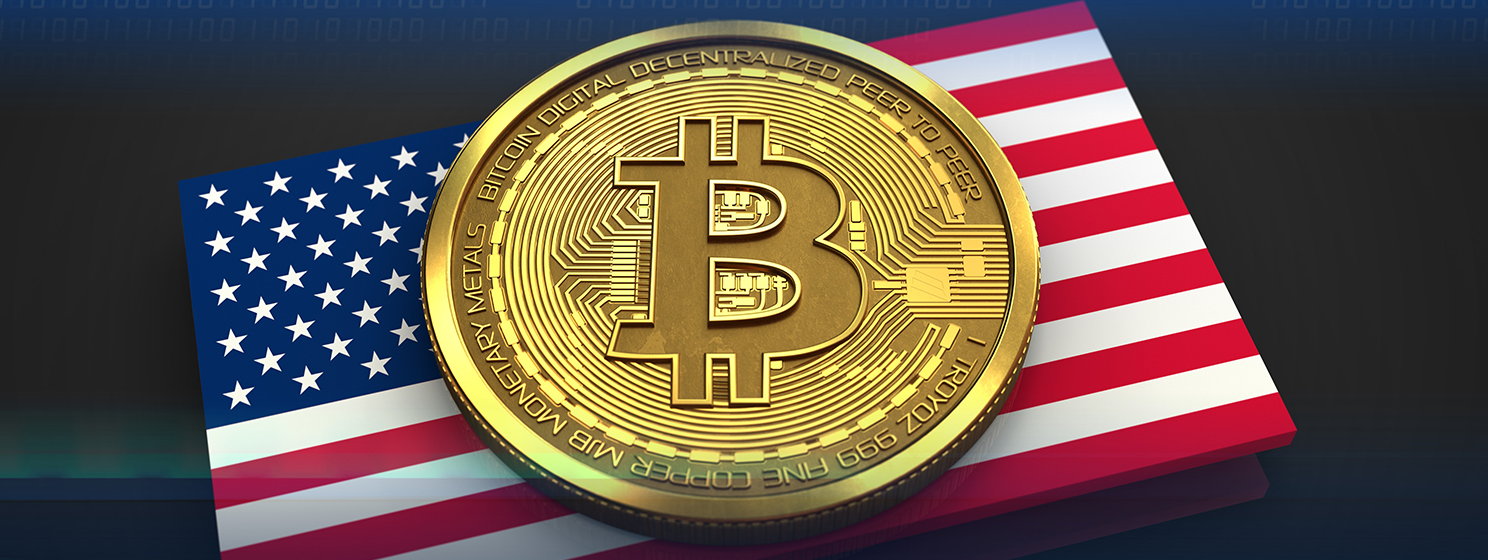|
Getting your Trinity Audio player ready...
|
Rumors have begun circulating again that Coinbase (NASDAQ: COIN) may be intending to list BSV on one of its cryptocurrency exchanges. The claims are likely premature, although there have been some reports of a “Buy BSV” button appearing on some app screens.
There were also questions about what versions of the 2008 Bitcoin whitepaper Coinbase hosts and links to, and where those links existed. We took a look at Coinbase’s main U.S. site to clarify.
Anyone else noticed this?
Coinbase.
When you click ‘whitepaper’ for Bitcoin SV it displays this version:#bitcoin #digitalasset #cryptocurrency #blockchain pic.twitter.com/kLa3wVd0Zu
— Streaming Sats (₿) .210 (@Streaming_Sats) October 10, 2021
Coinbase has several “Learn” pages that introduce Bitcoin, blockchain and other digital assets to newcomers. BTC is front-and-center on these pages, and says:
“Bitcoin was created by Satoshi Nakamoto, a pseudonymous person or team who outlined the technology in a 2008 white paper. It’s an appealingly simple concept: bitcoin is digital money that allows for secure peer-to-peer transactions on the internet.”
The words “2008 white paper” link to a copy of the Bitcoin white paper hosted on Coinbase’s own servers. This version lists the author as “Satoshi Nakamoto” only, above a link to bitcoin.org.
Coinbase’s “Crypto Basics” information page has beginners’ guides to a number of different digital assets and blockchain concepts including Ethereum, Solana, Polkadot, Cardano, Dogecoin and more—but there is no link to information about BSV.
Coinbase does list a price tracker page for BSV, but it comes with the note “Bitcoin SV is not supported by Coinbase” (as it does with any other asset it doesn’t trade).
This page has an “About Bitcoin SV” section that describes BSV as such: “Bitcoin SV is a fork of Bitcoin Cash (BCH). It attempts to restore the original Bitcoin protocol as defined by version 0.1 of Bitcoin.”
“Twice a year, the Bitcoin Cash (BCH) network hard forks as part of scheduled protocol upgrades. Unlike previous BCH hard forks, there was a competing proposal that was not compatible with the published roadmap. On November 15th, both groups started creating blocks in their respective, separate blockchains. Bitcoin SV (BSV) was created as a result of that split.”
Below that is a link to the white paper (hosted at bitcoinsv.io) and “Official website” which links to bitcoinsv.com. As you’d expect, the version of the Bitcoin white paper hosted there is identical to the “other” white paper, but lists the author as “Satoshi Nakamoto aka Craig Steven Wright,” with the bitcoin.org address replaced by craigwright.net.
Some have claimed on social media that their Coinbase app has a link to “Buy BSV,” with replies suggesting it had only been added recently:
And now this: https://t.co/IJ3T5odNPq
— Truth_Machine, Follower of Jesus, Lover of Truth. (@cryptorebel_SV) October 10, 2021
However, others noted their own apps didn’t have this option:
My cb app doesn’t allow for buying yet. Can you actually buy it?? pic.twitter.com/S22wpM2UhN
— Justin Case™️ u/992 BSV (@BsvTwoLips) October 10, 2021
The question about whether Coinbase will, or should, list BSV is asked often in the blockchain industry—and there’s a variety of opinions on the answer.
BSV, as the original and only still-legitimate blockchain network using the name “Bitcoin,” represents a threat to Coinbase’s largest cash cow, BTC trading. The more people take BSV seriously and believe its community’s claims, the less cachet the ticker symbol “BTC” will have. Since speculative trading is the primary use for BTC in today’s economy, it’s unlikely Coinbase will change their policy anytime soon. Should BSV continue to gain in popularity and public awareness, however, that ideological decision would begin to look more illogical, and customers would leave Coinbase for other BSV-friendly platforms.
Following the November 2018 hard fork that split BSV and BCH, Coinbase allowed its users to withdraw their BSV assets to an external wallet, noting they could not sell BSV for fiat currency on the platform. The company has remained silent on what it did with any BSV units that were not withdrawn.
Coinbase joined Square Crypto in December 2020 as a founding member of the “Cryptocurrency Open Patent Alliance” (better known as COPA). COPA filed a lawsuit against Dr. Craig Wright in April 2021 to counter Dr. Wright’s own suits against a number of sites hosting the Bitcoin white paper, saying “We stand in support of the Bitcoin developer community and the many others who’ve been threatened for hosting the White Paper.”
Dr. Wright only sued parties that were trying to pass off Bitcoin as something it was not, he has stated numerous times he wants people to actually read the Bitcoin white paper.
Despite all their posturing in public, both BSV’s and Dr. Wright’s opponents have had a hard time backing up their claims in court. Neither podcaster Peter McCormack nor Twitter user “Hodlonaut” (aka Magnus Granath) were able to defend their position that Dr. Wright was a “fraud,” and not the inventor of Bitcoin. Bitcoin.org administrator “Cobra” was similarly unwilling to provide evidence before a judge, allowing a default judgment in Wright’s favor in the bitcoin.org copyright action.
These cases show that, so far, no-one has been able to prove Dr. Wright was not Satoshi. While it’s hard to prove a negative, these are cases where it should be possible—there would at least be some evidence from the past two decades to support a counter-narrative, if one were credible. But to date, there has been none.
Additionally, the ongoing Kleiman vs. Wright case in Florida (where Dr. Wright is the defendant) tacitly acknowledges that Dr. Wright was Satoshi. Facts and claims in the case by both sides would make little sense if Dr. Wright had not played a significant role in Bitcoin’s creation. That case begins its final phase on November 1, 2021, but the issue of Wright’s “Satoshi-ness” is not the matter to be judged—the circumstances of the case and witness testimonies have all but established it as fact.
Whatever the other reasons given (on the rare occasions they are), it seems that keeping BTC’s reputation duct-taped together is Coinbase’s main motive for keeping BSV out of the market. Continuing its tradition of being wrong on BSV at every point, the company even tweeted that it would suspend BSV deposits when the blockchain was “re-org attacked” in the middle of 2021… despite having never supported such deposits in the first place.
In January, CoinGeek predicted that Coinbase would have to list BSV sooner or later, if it followed its own guidelines. Coinbase itself wrote on its company blog that month: “Today, Coinbase supports trading for over 40 crypto assets on our exchange and Coinbase Custody supports over 90 crypto assets. Our directive is to list every compliant asset possible.”
Those words still allow plenty of wiggle room for ideology-based decision-making—and Coinbase’s continued refusal to list BSV is likely more ideological than economic. The exchange has never listed BSV, nor has it ever supported BSV balances.
Follow CoinGeek’s Crypto Crime Cartel series, which delves into the stream of groups—a from BitMEX to Binance, Bitcoin.com, Blockstream, ShapeShift, Coinbase, Ripple and
Ethereum—who have co-opted the digital asset revolution and turned the industry into a minefield for naïve (and even experienced) players in the market.

 09-11-2025
09-11-2025 





